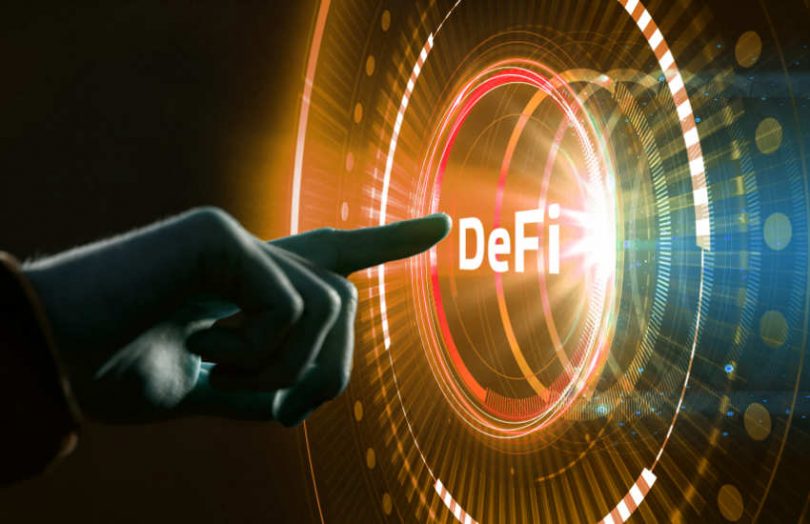Why DeFi Regulation Issues
DeFi platforms work with out intermediaries, permitting customers to entry monetary providers by way of sensible contracts on blockchain networks. Whereas that is efficient and inclusive, it additionally has its challenges concerning cash laundering prevention, taxation, and shopper safety. By 2025, there’s an growing thought that the regulation of DeFi will probably be required in balancing innovation and security.
Desk: Key Advantages of Regulatory Readability for DeFi
|
Profit |
Impression on DeFi Development |
|
Elevated Person Belief |
Encourages participation by addressing safety and fraud considerations. |
|
Entry to Conventional Markets |
Helps combine decentralized platforms with established monetary techniques. |
|
Higher Innovation |
Creates a safer atmosphere for launching new monetary merchandise. |
Main Developments in Decentralized Finance
In 2025, blockchain governance frameworks will rise to satisfy new authorized necessities. Builders are updating protocols to incorporate built-in compliance instruments, comparable to identification verification and transaction monitoring. These options align with anti-money laundering (AML) and know-your-customer (KYC) requirements.
On the identical time, decentralized finance traits reveal an emphasis on privateness. Whereas customers need clear techniques, additionally they anticipate private information safety. Putting a steadiness between regulatory wants and privateness is a serious focus.
Challenges Going through Regulators
Regardless of progress, regulatory challenges stay. DeFi projects span a number of jurisdictions, complicating enforcement. For instance, one protocol may have builders in a single nation, servers in one other, and customers worldwide. Making certain compliance with out stifling innovation requires worldwide cooperation, which is usually slow-moving.
One other hurdle is the decentralized nature of those techniques. Not like conventional banks, DeFi lacks a government to carry accountable. This makes it tougher to implement guidelines or resolve disputes. Regulators should discover methods to collaborate with communities and implement guidelines that align with decentralized ideas.
Sensible Steps for Compliance
Initiatives aiming to thrive in 2025 are proactively adapting to crypto compliance requirements. Beneath are widespread practices being adopted:
- Decentralized Identification Options: Many platforms are integrating blockchain-based identification instruments, making certain compliance whereas preserving consumer anonymity.
- Clear Governance Fashions: Public voting mechanisms and clear documentation assist construct belief and meet accountability requirements.
- Partnerships with Authorized Consultants: Collaborating with authorized advisors helps protocols anticipate regulatory modifications and alter accordingly.
Trying Forward
As blockchain governance goes on evolving, so is the interrelationship of regulators and builders. With good tips laid down, it may make 2025 a interval when DeFi stops being a distinct segment matter and develops into one of many cornerstones upon which total international monetary techniques perform.
Equally, regulatory updates have to be watched by each customers and builders, and the latter ought to comply with one of the best practices. Assembly such challenges will result in a DeFi ecosystem that grows in parallel with legitimacy.
